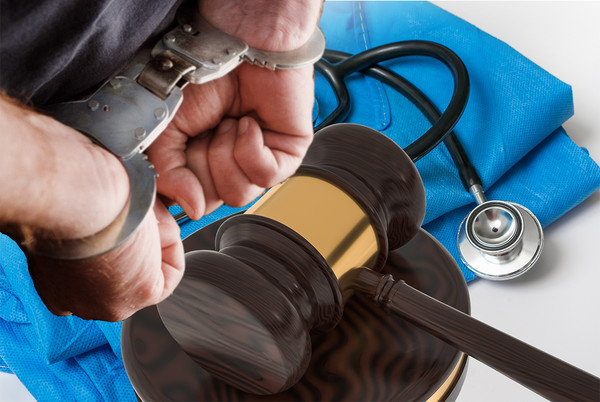Top 10 Medical News in 2020 ⑦
The outbreak of the new coronavirus (Covid-19) hit Korea hard in 2020. The pandemic is still threatening the nation with continuing outbreaks in greater Seoul. The medical community suffered a significant setback in hospital management due to Covid-19 responses. However, social distancing practices prompted physicians to try out telemedicine as well, albeit temporarily. A variety of issues other than Covid-19 also rocked the medical community this year. Doctors took collective action against the government’s push for four healthcare policies, such as expanding medical student numbers and establishing a state-run medical school. In protest, senior medical school students refused to take the state medical licensing exam. An internal medicine specialist was arrested for causing a patient’s death by administering a colon cleanser without knowing the patient had a bowel blockage. The government promoted the Korea Centers for Disease Control and Prevention (KCDC), the control tower of the nation’s fight against Covid-19, to the Korea Disease Control and Prevention Agency (KCDA). The Ministry of Health and Welfare introduced two vice ministers, each leading the public health and welfare policies. This year, the government started a pilot program to allow herbal medicines to receive national health insurance coverage, despite the medical community's protest. Korea Biomedical Review has compiled the 10 biggest medical stories in 2020. —Ed.

A doctor, who was arrested at court for causing a patient’s death by administering a colon cleanser without knowing the patient had a bowel blockage, was released on bail and returned to her family in 54 days.
On Sept. 10, the Seoul Central District Court sentenced a clinical assistant professor to 10 months in prison and ordered to arrest her immediately after the ruling on charges of negligence in duty. Another doctor, then a trainee physician who was also indicted, received two years of probation on 10-month imprisonment.
On June 24, 2016, an 82-year-old male patient underwent abdominal X-ray and CT scans at a hospital where the clinical assistant professor and the trainee doctor worked. The results of the medical exams indicated the patient might have had colon cancer. The trainee doctor decided to perform a colonoscopy.
The trainee doctor received the clinical assistant professor’s approval to administer the colon cleanser. However, the patient had multiple organ failure within a day and died eventually.
The prosecutors accused the two doctors of negligence in duty. The court found them guilty and arrested then the clinical assistant professor right after the sentencing.
However, the medical community strongly protested the court’s ruling.
Physicians were furious to hear that the court ordered the arrest because of the “risk of fleeing.”
At a press conference on Sept. 14, Korean Medical Association President Choi Dae-zip said, “The court’s ruling is almost equal to a death sentence for Korea’s medical care because the court unilaterally treated the doctor’s best medical practice as a criminal act. The ruling has taken away all the dignity and value of doctors who have been protecting people’s lives with their professional calling.”
On the same day, KMA held an all-night, one-person demonstration in front of the Seoul Detention Center, where the doctor was in custody.
The Korean Medical Practitioners Association also released a statement, saying the clinicians were angry over the court’s decision to arrest the doctor who did not have any risk of escape, especially when essential medical services showed signs of collapse.
“We don't understand how the court could think the 40-year-old clinical assistant professor, the mother of two, could run away,” the KMPA said.
Young, female, and salaried doctors also condemned the ruling, saying the court did not consider medicine's nature.
On Nov. 2, the Seoul Central District Court allowed releasing the doctor on bail, 54 days after her arrest.
The case is in the second trial, with both the prosecutors and the two doctors appealing.

